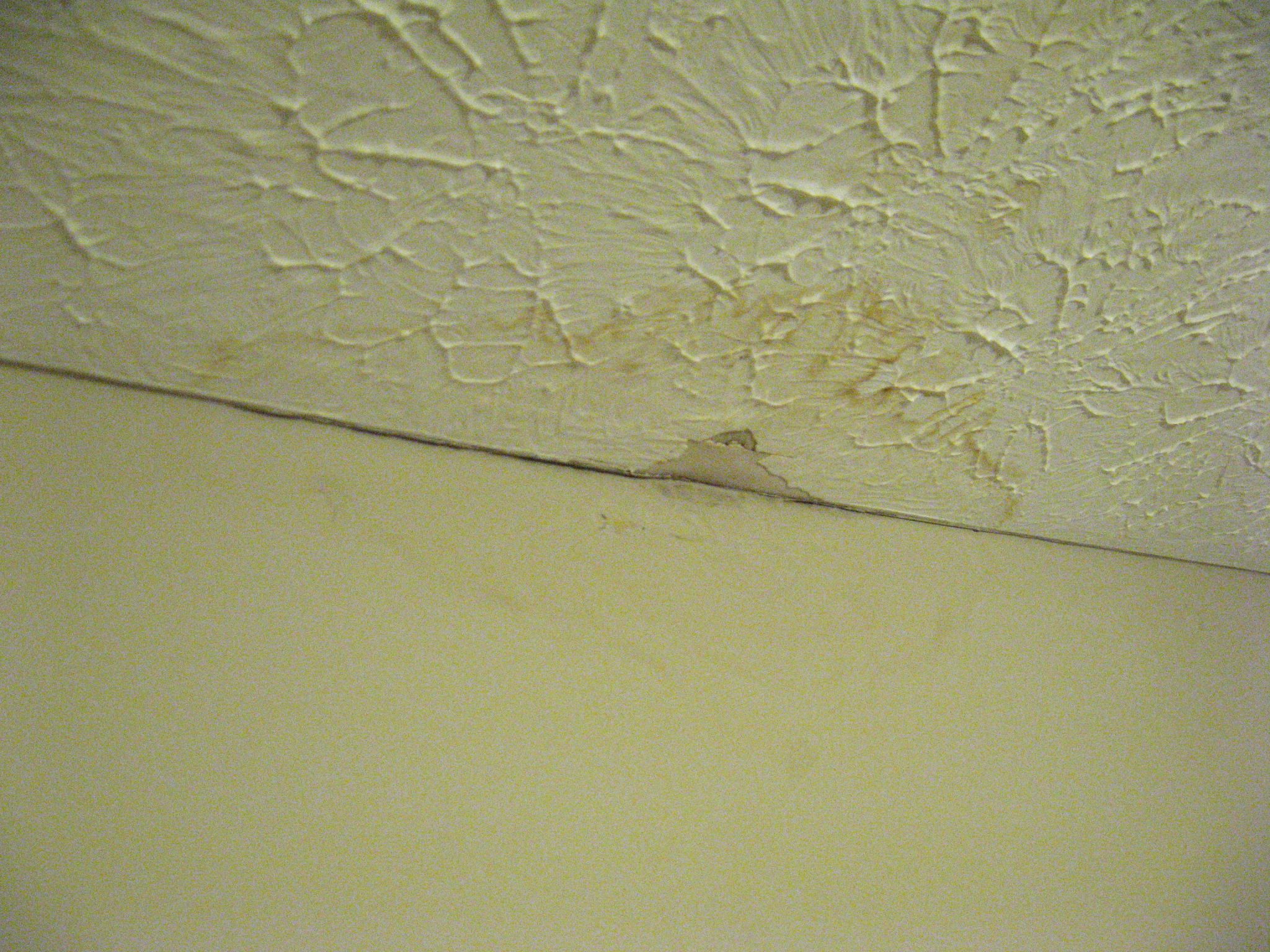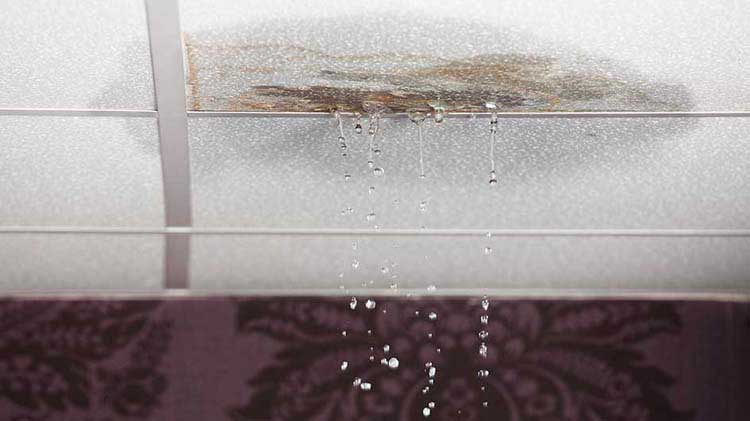Examining the Top Six Causes of Water Leaks in Homes
Examining the Top Six Causes of Water Leaks in Homes
Blog Article
Are you currently searching for advise about How to detect water leaks in your home?

Leaks not just cause waste of water however can additionally trigger unnecessary damage to your house and also promote unwanted organic development. By looking as well as recognizing for day-to-day circumstances that create leakages, you can secure your house from future leakages and unneeded damages.
Immediate temperature modifications.
Severe temperature level adjustments in our pipelines can cause them to increase and also contract all of a sudden. This development and also contraction may create cracks in the pipes, especially if the temperature level are below freezing. If you kept an eye on exactly how your plumbing functions, it would certainly be best. The presence of the formerly discussed circumstances regularly suggests a high risk.
Rusty water systems
As time passes by, your plumbing system ages and corrosion such as rust might begin eating away the pipes. This may be the reason for discoloration or bending on your water pipes. This requires an examination with your plumber instantly. If our plumbing system is old, think about replacing the pipes since they are at a greater risk of rust than the more recent versions.
Faulty Pipe Joints
The factor at which your pipes link is regularly the weakest link in the waterline. Pipeline joints can weaken in time, causing water leakages. Unfortunately, the majority of pipe joints are not easily visible. If you have noisy pipelines that make ticking or banging sounds, particularly when the warm water is activated, your pipe joints are probably under a lot of stress. It is suggested to have your plumber evaluate your system once a year.
Trespassing origins
Most water leaks begin outside your home as opposed to inside it. If you see an unexpected decline in water pressure, say in your faucet, take time to go out and also analyze your lawn. You might observe wet spots or sinkholes in your backyard, and that may suggest that tree roots are invading water lines triggering water to leak out. You can have your plumber check for intrusion, specifically if you have trees or bushes near your home.
Poor Water Connectors
At times, a leakage can be caused by loose pipes and pipelines that provide your home appliances. Typically, moving is what creates the loose water Links. You may find when it comes to a cleaning maker, a hose might spring a leak as a result of trembling during the spin cycle. In case of a water links leakage, you may see water running directly from the supply line or puddles around your home appliances.
Blocked Drains
Clogged drains might be aggravating and inconveniencing, however they can sometimes end up causing an overflow leading to rupture pipelines. Keep eliminating any kind of materials that may go down your drains pipes that can obstruct them to prevent such inconveniences.
All the above are root causes of leakages yet not all water leaks arise from plumbing leakages; some leakages may come from roofing leakages. All leaks need to be fixed instantly to avoid water damages.
Leakages not just trigger waste of water but can also create unneeded damages to your home as well as advertise undesirable organic growth. By recognizing as well as looking for day-to-day circumstances that cause leaks, you can secure your home from future leakages and also unnecessary damage. Today, we will certainly look at six leakage triggers that may be causing your pipes to leak.
At times, a leakage can be created by loosened tubes and pipes that provide your home appliances. In instance of a water links leakage, you might notice water running directly from the supply line or puddles around your appliances.
How To Check For Water Leak In Your Home
How To Check for Leaks
The average household's leaks can account for nearly 10,000 gallons of water wasted every year and ten percent of homes have leaks that waste 90 gallons or more per day. Common types of leaks found in the home are worn toilet flappers, dripping faucets, and other leaking valves. These types of leaks are often easy to fix, requiring only a few tools and hardware that can pay for themselves in water savings. Fixing easily corrected household water leaks can save homeowners about 10 percent on their water bills.
To check for leaks in your home, you first need to determine whether you're wasting water and then identify the source of the leak. Here are some tips for finding leaks:
Take a look at your water usage during a colder month, such as January or February. If a family of four exceeds 12,000 gallons per month, there are serious leaks.
Check your water meter before and after a two-hour period when no water is being used. If the meter changes at all, you probably have a leak.
Identify toilet leaks by placing a drop of food coloring in the toilet tank. If any color shows up in the bowl after 10 minutes, you have a leak. (Be sure to flush immediately after the experiment to avoid staining the tank.)
Examine faucet gaskets and pipe fittings for any water on the outside of the pipe to check for surface leaks.
Undetected water leaks can happen without the home or business owner even realizing. If you suspect a water leak, but not able to find the source. It is time to contact a professional water leak detection service, The Leak Doctor.
How To Find a Water Leak In Your Home
https://www.leakdoctor.com/blog/How-To-Check-For-Water-Leak-In-Your-Home_AE197.html

I ran across that write up on How to detect water leaks in your home while doing a lookup on the web. Loved our write up? Please share it. Help other people find it. Thank-you for going through it.
Schedule Here Report this page